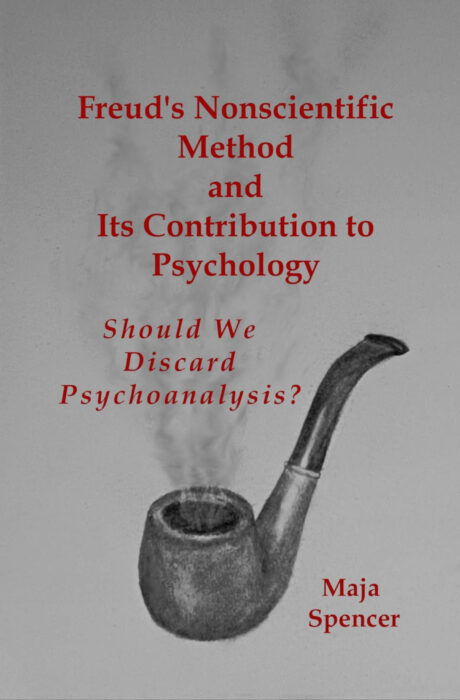
The best way to start this book is to clearly state, for those who do not know me, that I am often “accused” of being too hard science-oriented; indeed, I question everything, and it is difficult or impossible for me to believe in unverifiable things. I never forget the importance of clarity and honesty. And if we are to be honest, psychology, one of my greatest loves, cannot be defined as a hard science. In some ways, it can, but overall, it still heavily relies on the subjective, fluid, and unmeasurable, no matter how hard we try to measure and categorize. This fact annoys many, including me. I care about facts, not opinions. I care about what is measurable and verifiable. I care about validity and reliability. However, the obvious and measurable or verifiable do not always go hand in hand.
Freud’s psychoanalysis is still regarded as one of the most influential schools of thought in the history of psychology. His theories of the unconscious, repression, and psychosexual development were the groundwork for modern psychotherapy, but they were more than that: they led to cultural and philosophical movements. Although many Freudian concepts have been revised, challenged, or abandoned thanks to new empirical findings, the essence of psychoanalysis still inspires debate. Its impact went beyond clinical boundaries and reached into the domains of art, literature, film, and everyday language. Terms such as “Oedipus complex” and “defense mechanisms” are now commonly used in everyday language. However, critics argue that the method of psychoanalysis lacks empirical support, is unfalsifiable, and resembles pseudoscience. The central question is: Should psychoanalysis be entirely discarded?
You can buy the book here.